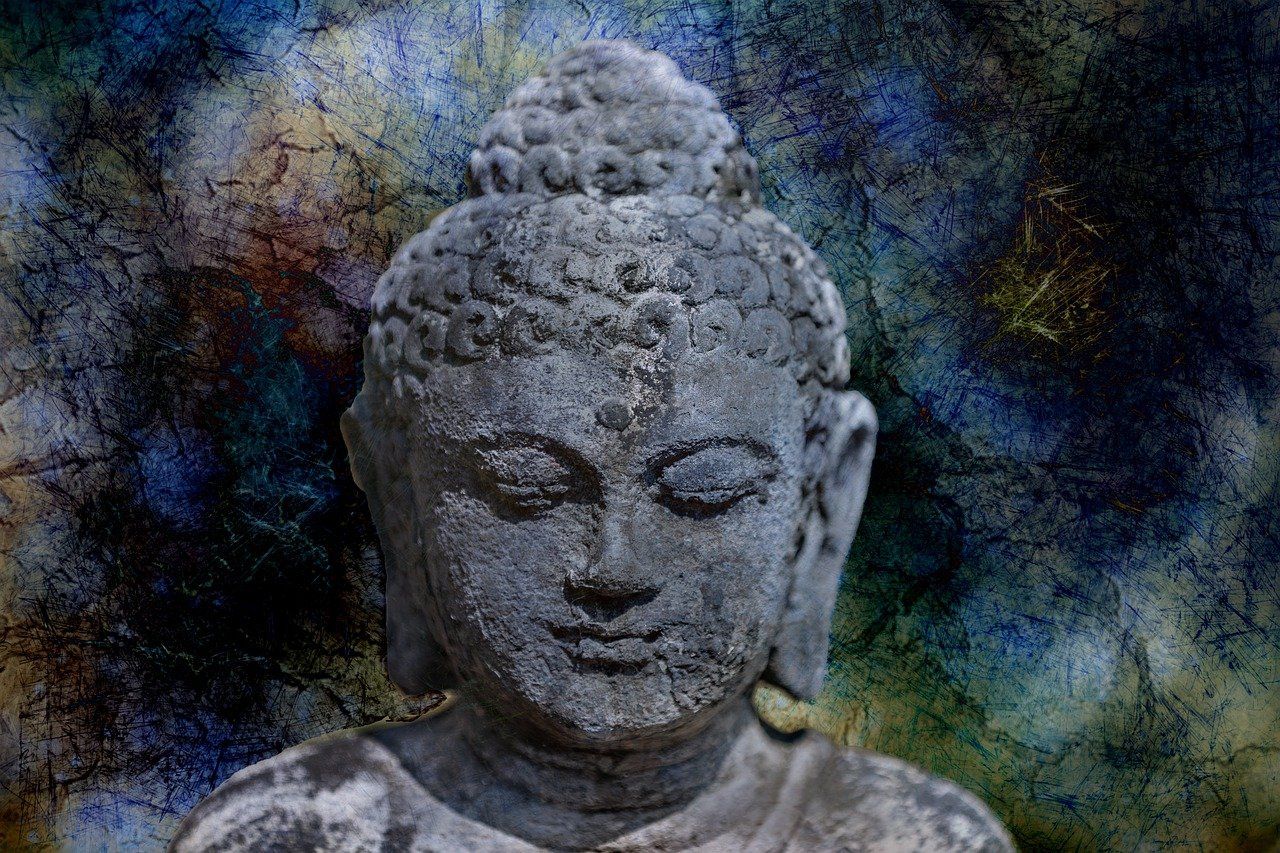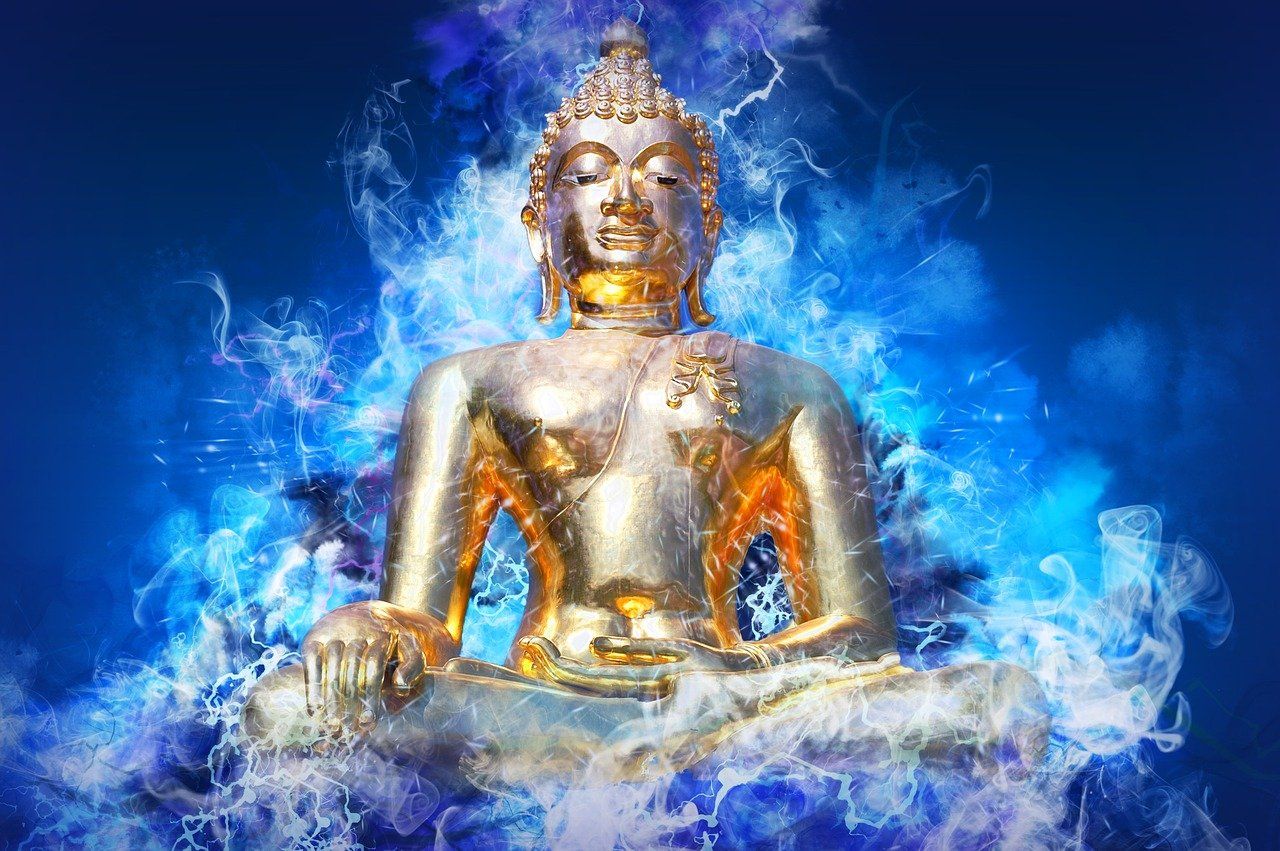The Way of Meditation Blog
Bringing Ancient Wisdom Into The Modern World
How Meditation Helped Me Relieve My Panic Attacks
Elba Mueller • March 29, 2016
Breathlessness, profound pressure in my chest, upset stomach, agoraphobia, and a distorted sense of reality—all while scratching my face constantly in desperation—were the symptoms of panic attacks I had when I entered the emergency care unit of the hospital while I was living in Germany.
The doctor gave me a kind smile when he announced my diagnosis: “You have experienced a panic attack. You will be fine. A psychiatrist is on his way.”
“Panic attacks, like in extreme fear?” I asked the doctor.
“Yes. Can you please tell me what problems you have been having lately?”
I was clueless. “I have no problems, doctor.”
It can be difficult for anyone who has not experienced a panic attack to understand how it feels, but the name is quite accurate for describing the symptoms associated with it. During a panic attack your entire body enters panic mode for no logical or apparent reason. Your body behaves as if you’re being chased by Jason Voorhees, the masked murderer from Friday the 13th.
Friends and family members who have never experienced the scary symptoms of a panic attack may respond with less-than-helpful statements such as, “There is no one chasing you” or “It’s only in your mind.” They don’t understand that the fear is so intense that it attacks you over and over again, weakening you and devastating your self-confidence as you go from living and thriving to merely surviving.
The doctor gave me a kind smile when he announced my diagnosis: “You have experienced a panic attack. You will be fine. A psychiatrist is on his way.”
“Panic attacks, like in extreme fear?” I asked the doctor.
“Yes. Can you please tell me what problems you have been having lately?”
I was clueless. “I have no problems, doctor.”
Panic Attacks
Friends and family members who have never experienced the scary symptoms of a panic attack may respond with less-than-helpful statements such as, “There is no one chasing you” or “It’s only in your mind.” They don’t understand that the fear is so intense that it attacks you over and over again, weakening you and devastating your self-confidence as you go from living and thriving to merely surviving.
But it doesn’t have to stay that way. It’s possible to say goodbye to fear.
Fear is an alarm meant to warn you about impending danger and prepare you to run from the threat—it’s where we get the “fight or flight” response, and at times it’s an important element of human survival.
For some individuals, fear goes beyond warning of a real threat to warning of perceived threats that aren’t necessarily real. In some cases, the perceived threat comes from an individual’s everyday environment—one that is usually safe. That’s when fear becomes a debilitating force of self-destruction and something that needs to be conquered.
Fear is part of our emotional wiring and is present in every individual. It seems to be encoded in a small, almond-shaped part of the brain called the amygdala—the region of the brain associated with emotions. And it’s this region that, from time to time, gets overloaded and becomes hyper-vigilant. It’s like not being aware that you are jamming the accelerator of your car all the way to the floor until it loses its resistance and lies flat. As a result of being in a constant, and unnecessary, state of vigilance everything appears to be a threat and fear takes over.
Recent research
has shown that meditation can help improve emotional regulation by decreasing activation of the amygdala. Certain types of meditation can help “reboot the brain”. The Harvard School of Medicine has reported that meditation can provide many physical and psychological benefits that likely start with changes in brain connectivity. By “rebooting the brain”, meditation can be a serious antidote to fear.
What is stopping us from becoming a fearless generation? Probably only one thing: fear itself. If you want help alleviating fear, learn to meditate. Here are a few resources that can help:
As for me, I’ve been panic- and anxiety-free since I established my regular meditation routine more than four years ago, without the aid of medication. I am living proof that it’s not only possible to live free of anxiety, but also to conquer fear.
For some individuals, fear goes beyond warning of a real threat to warning of perceived threats that aren’t necessarily real. In some cases, the perceived threat comes from an individual’s everyday environment—one that is usually safe. That’s when fear becomes a debilitating force of self-destruction and something that needs to be conquered.
The Anatomy of Fear
Say Goodbye to Fear
What is stopping us from becoming a fearless generation? Probably only one thing: fear itself. If you want help alleviating fear, learn to meditate. Here are a few resources that can help:
As for me, I’ve been panic- and anxiety-free since I established my regular meditation routine more than four years ago, without the aid of medication. I am living proof that it’s not only possible to live free of anxiety, but also to conquer fear.
Written by – Elba Mueller
Get A FREE
Guided Meditation Series
with Chad Foreman

In today’s fast-paced world, the mind often races, driven by the demands of work, family, and personal ambitions. Meditation is commonly seen as a practice to calm the mind, foster inner peace, and connect with deeper aspects of existence. Yet, one crucial element often overlooked is the state of the body, particularly the nervous system. Relaxing the nervous system isn’t just a preparatory step; it is foundational for unlocking the deeper states of awareness and tranquility that meditation promises. Drawing insights from my journey and teachings, we will explore why this is so vital and how it transforms the meditative experience.











